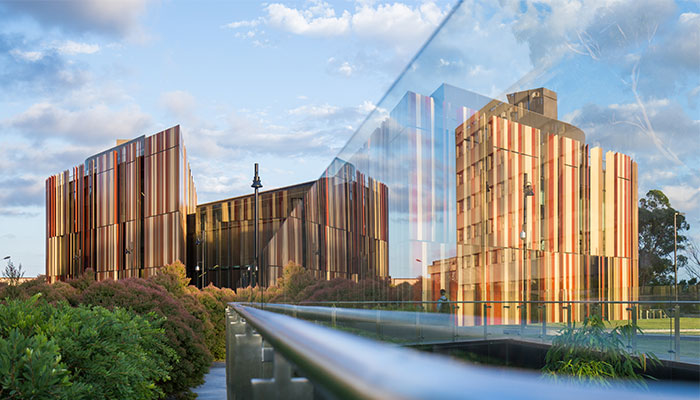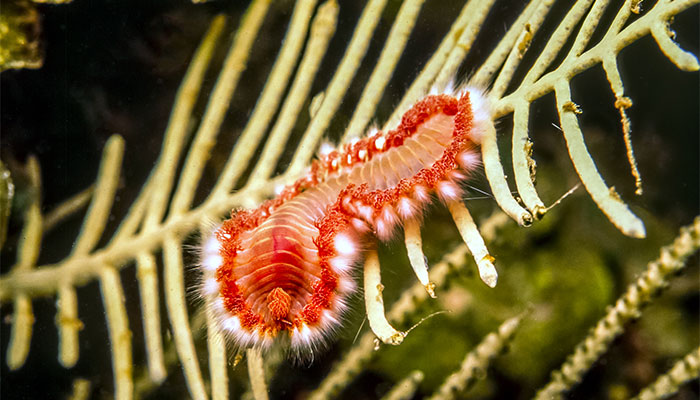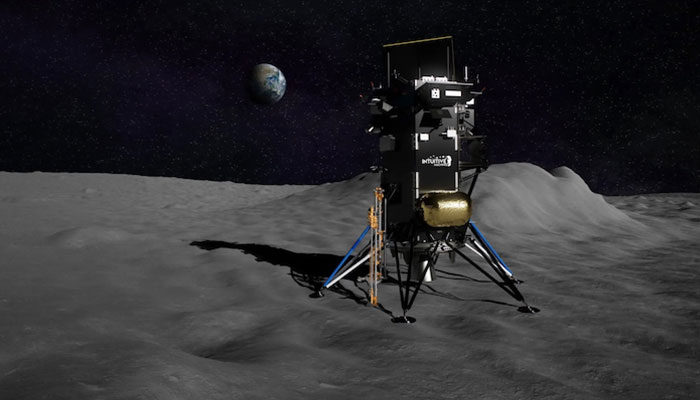In 2003, the first graduating class of a new residential program for indigenous students, the Bachelor of Teaching (Early Childhood Services) celebrated their achievements at Macquarie University. This year, as the class of 2013 graduates, an important research project into professional pathways has revealed the ongoing success and legacy of this original cohort.
According to program coordinator Associate Professor Alma Fleet, little information is available about the employment trajectories of Aboriginal and Torres Strait islander peoples pursuing university professional qualifications after they’ve graduated.
“The IEC’s Professional Pathways Project has shown that approximately 70% of the program’s graduates have stayed in the early childhood sector,” says Fleet.
“As the majority move up the hierarchy from room assistant to Director, they’re becoming powerful advocates for children and their families, as well as great leaders in their communities.”
Fleet is passionate about this research, and the insight it offers for the area of indigenous participation in higher education.
“This landscape of professional pathways offers excellent material for educators and policy-makers to consider in the drive to 'close the gap' in Indigenous educational opportunity in Australia and in related circumstances elsewhere,” says Fleet.
She also recognises the unique circumstances from which students travel from all over Australia for the course, which is offered over four years as a combination of part and full time modes. Students study both at the university and at home with the support of Warawara Department of Indigenous Studies staff, tutors, lecturers, mentors, their workplace and other students.
“One of the people who is graduating in the 2013 class actually started with the class of 2003," says Fleet. "Life is complicated – we have people who have been with us a relatively short period of time, others have had life complications and take a little longer. We love every single graduate – and we’ve had over 65 in the ten years. We are so proud to see the effort that they all go to, and to celebrate that graduation."
For more information on the program, contact Alma Fleet: alma.fleet@mq.edu.au
According to program coordinator Associate Professor Alma Fleet, little information is available about the employment trajectories of Aboriginal and Torres Strait islander peoples pursuing university professional qualifications after they’ve graduated.
“The IEC’s Professional Pathways Project has shown that approximately 70% of the program’s graduates have stayed in the early childhood sector,” says Fleet.
“As the majority move up the hierarchy from room assistant to Director, they’re becoming powerful advocates for children and their families, as well as great leaders in their communities.”
Fleet is passionate about this research, and the insight it offers for the area of indigenous participation in higher education.
“This landscape of professional pathways offers excellent material for educators and policy-makers to consider in the drive to 'close the gap' in Indigenous educational opportunity in Australia and in related circumstances elsewhere,” says Fleet.
She also recognises the unique circumstances from which students travel from all over Australia for the course, which is offered over four years as a combination of part and full time modes. Students study both at the university and at home with the support of Warawara Department of Indigenous Studies staff, tutors, lecturers, mentors, their workplace and other students.
“One of the people who is graduating in the 2013 class actually started with the class of 2003," says Fleet. "Life is complicated – we have people who have been with us a relatively short period of time, others have had life complications and take a little longer. We love every single graduate – and we’ve had over 65 in the ten years. We are so proud to see the effort that they all go to, and to celebrate that graduation."
For more information on the program, contact Alma Fleet: alma.fleet@mq.edu.au



